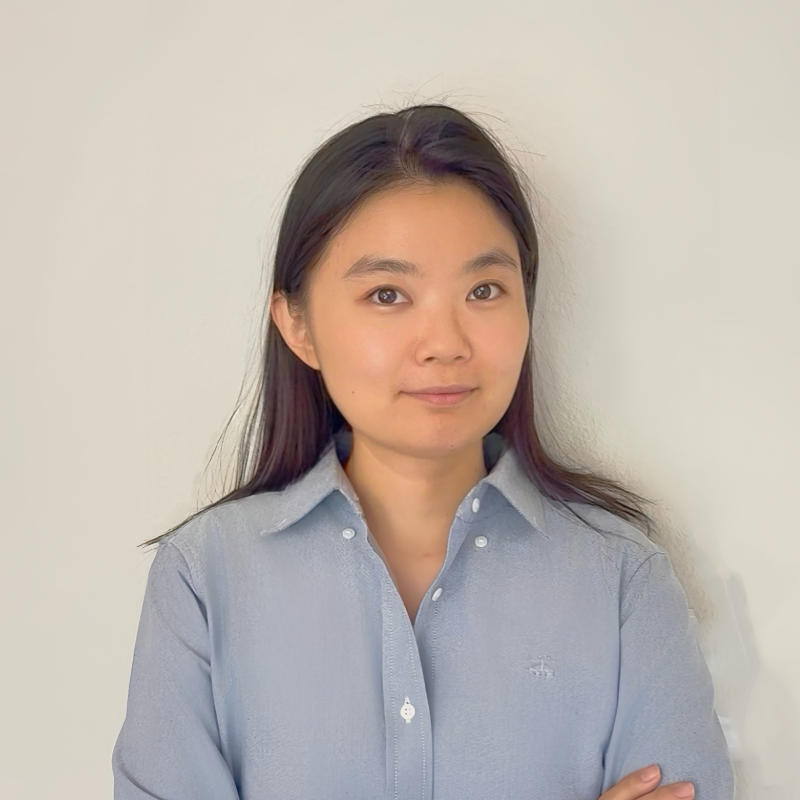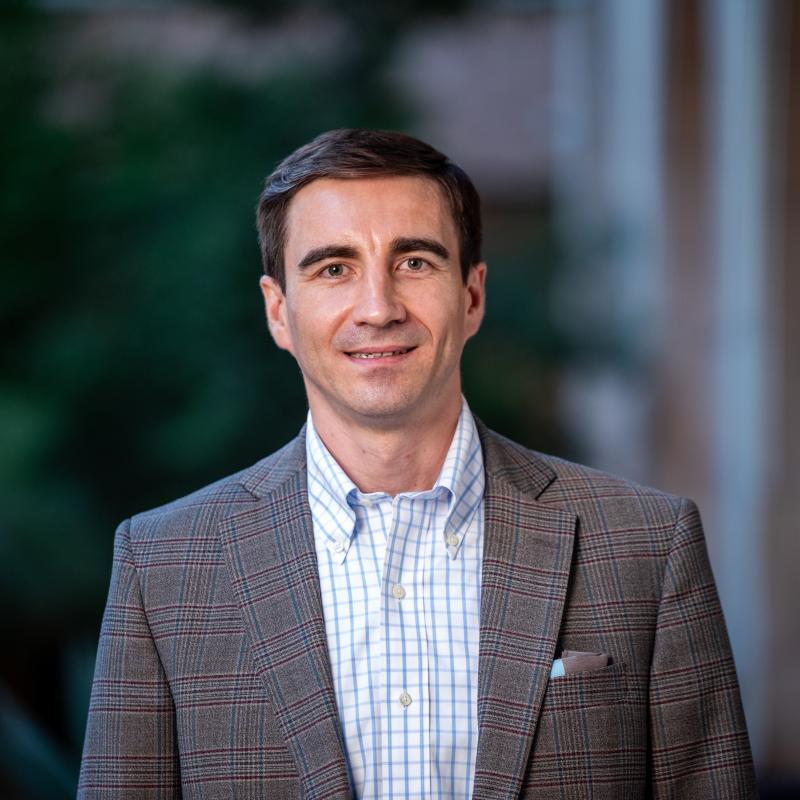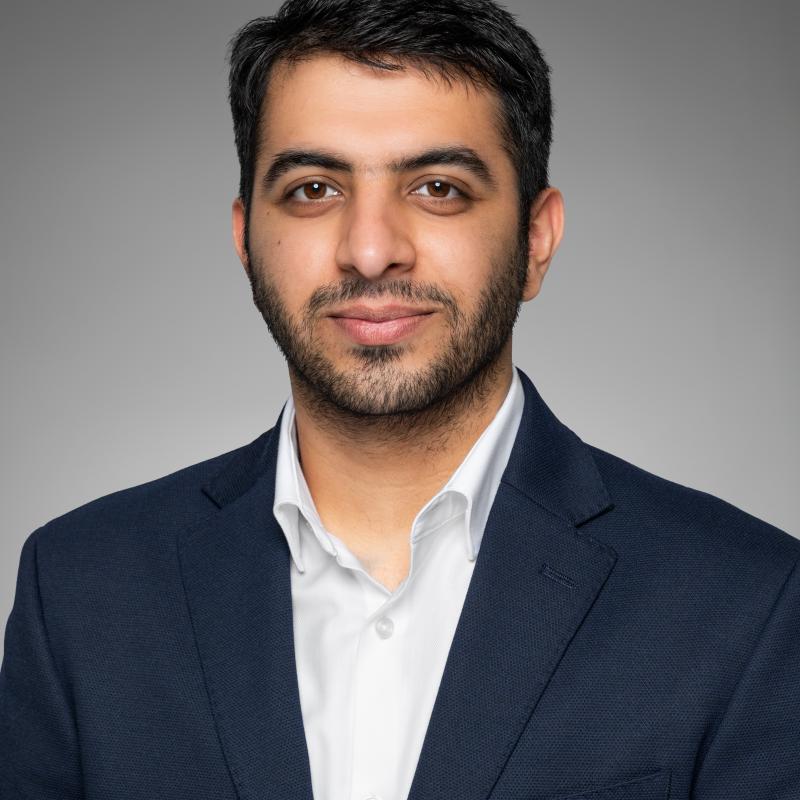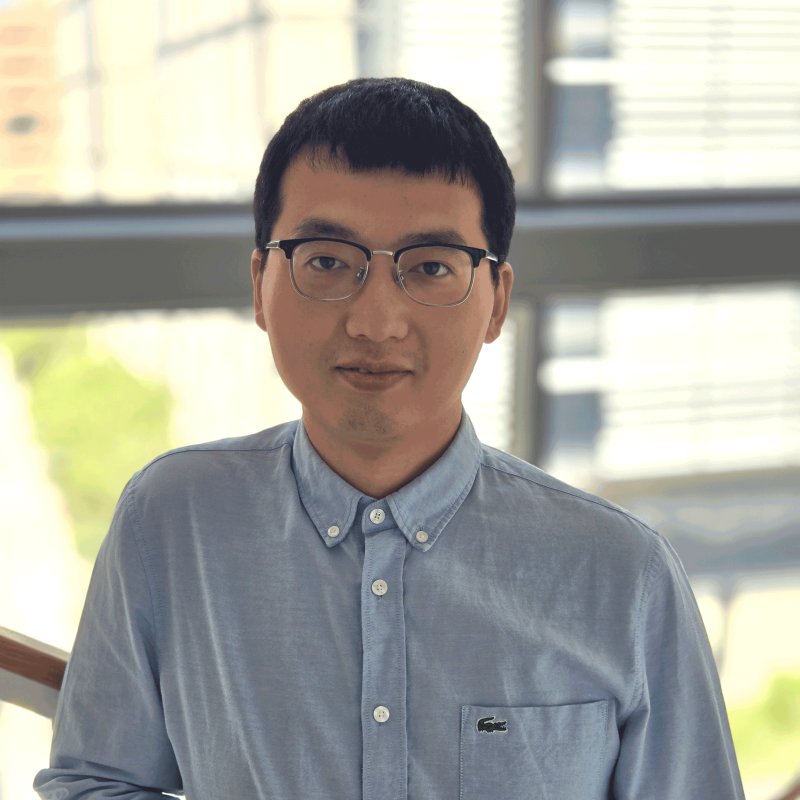2025–26 UT Chevron Energy Graduate Fellows Announced
The Energy Institute at The University of Texas at Austin announces its 2025–26 Chevron Energy Graduate Fellows. Made possible by a gift from Chevron, these prestigious awards will support the work of eight exceptional graduate students conducting innovative research in any field of energy.
"The University of Texas at Austin continues to impress with the depth and breadth of its students’ research across the energy spectrum. From emerging low-carbon technologies to scalable innovation for transformational design, UT students are delivering solutions that promise to shape the future of energy. We look forward to seeing how this cohort of fellows positively impacts the world.”— Jim Gable, VP of Innovation, Chevron's Technical Center & President of Chevron Technology Ventures
Energy storage, carbon capture, oil recovery, hydrogen, grid optimization, and the applications of AI in the energy sector are among the awardees’ research areas.
“The Chevron Energy Graduate Fellows Awards help support our exceptionally talented graduate students at UT and encourage their curiosity and bold explorations to develop transformative energy solutions that will make people’s lives better,” said Brian Korgel, Rashid Engineering Regents Chair Professor and director of the Energy Institute. “This unique program encourages students to push boundaries, pursue novel ideas, and deepen their commitment to solving the complex energy challenges of our time.”
Meet the Fellows

Jiefeng Diao
Department of Chemistry, College of Natural Sciences
Jiefeng’s research focuses on theoretical simulations coupling nonthermal plasma activation effects with selective metal catalysts for methane conversion. By integrating machine-learned potentials and the strategy of plasma-activated co-reactants, the accelerated simulations could help modeling catalytic processes and active-site regenerations, to improve both efficiency and durability.

Michael Huylo
Maseeh Department of Civil, Architectural and Environmental Engineering, Cockrell School of Engineering
Michael's research involves the optimal integration and control of distributed energy resources in community microgrid systems for emissions reduction and improved reliability.

Meiyi Li
Maseeh Department of Civil, Architectural and Environmental Engineering, Cockrell School of Engineering
Meiyi’s research focuses on developing intelligent, adaptive, and carbon-aware decision-making tools that integrate advanced machine learning with energy system optimization to enable real-time, resilient, and low-emission operation of power and energy systems.

Ahmad Merzoug
Hildebrand Department of Petroleum and Geosystems Engineering, Cockrell School of Engineering
Ahmed’s research is about generative artificial intelligence for subsurface modeling and history matching.

Vitalii Sergeev
Master’s Program in Technology Commercialization, McCombs School of Business
Vitalii’s research explores commercialization strategies for emerging nanotechnologies that support the global energy transition. It focuses on enabling the adoption of innovations like nano-emulsion systems for geothermal energy and carbon utilization, addressing both technical and market challenges in the shift to a low-carbon future.

Pranav Thacker
McKetta Department of Chemical Engineering, Cockrell School of Engineering
Pranav's research investigates how the structures of cation in ionic liquids (ILs) influence gas solubility and key process-relevant properties for CO₂/CH₄ separation. By introducing a novel screening index, this work challenges the notion that ILs are limited by viscosity and offers a valuable framework for guiding rational IL design and future solvent discovery.

Hao Wang
Hildebrand Department of Petroleum and Geosystems Engineering, Cockrell School of Engineering
Hao's research focuses on enhanced oil recovery and CO2 mineralization through aqueous nanobubble dispersion of CO2 and formate solutions.

Ziqing Wang
Department of Chemistry, College of Natural Sciences
Ziqing Wang focuses on modifying the chemical environment of electrolytes to enable aqueous zinc-ion batteries that operate reliably under extreme climate conditions for grid-scale energy storage. He also works at a startup to develop free-standing, soft electrodes for lithium-ion pouch cells used in flexible electronic devices.

Chevron Fellows Awards Application Information
The 2026-2027 Chevron Energy Graduate Fellows Awards Application is now closed. Review the call for applications and timeline here.
Questions?
Contact Energy Institute Director Brian Korgel

